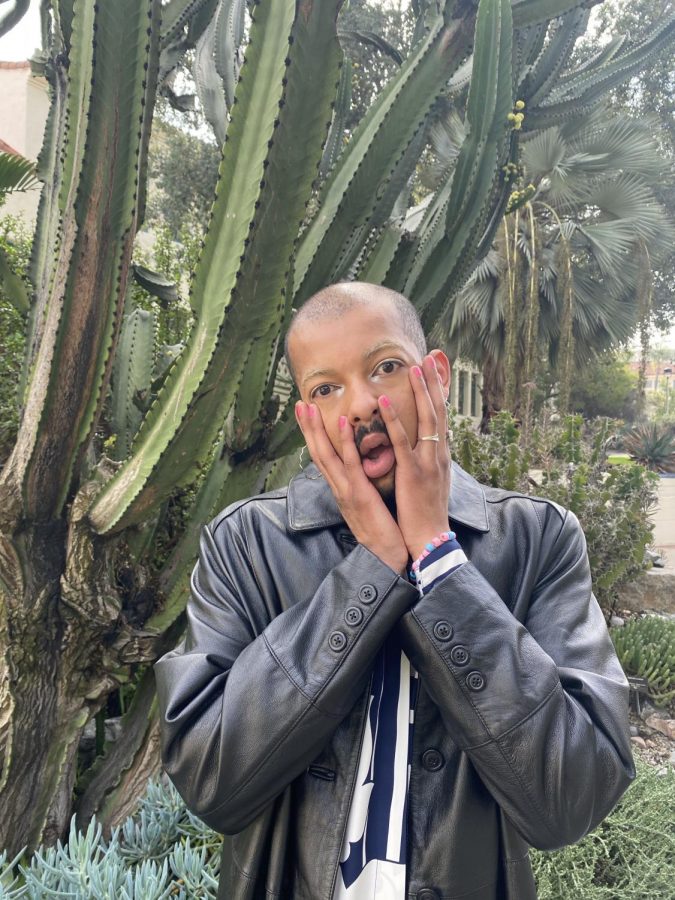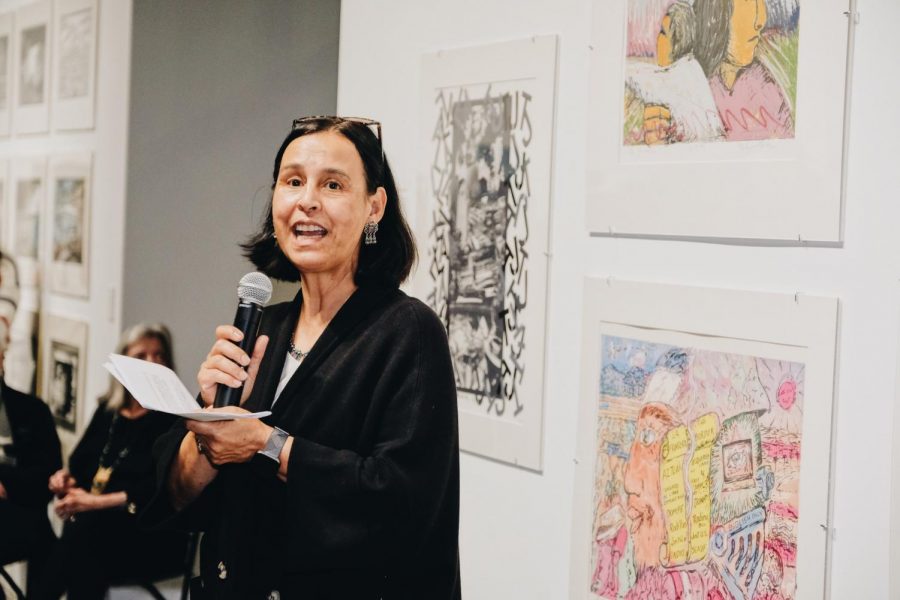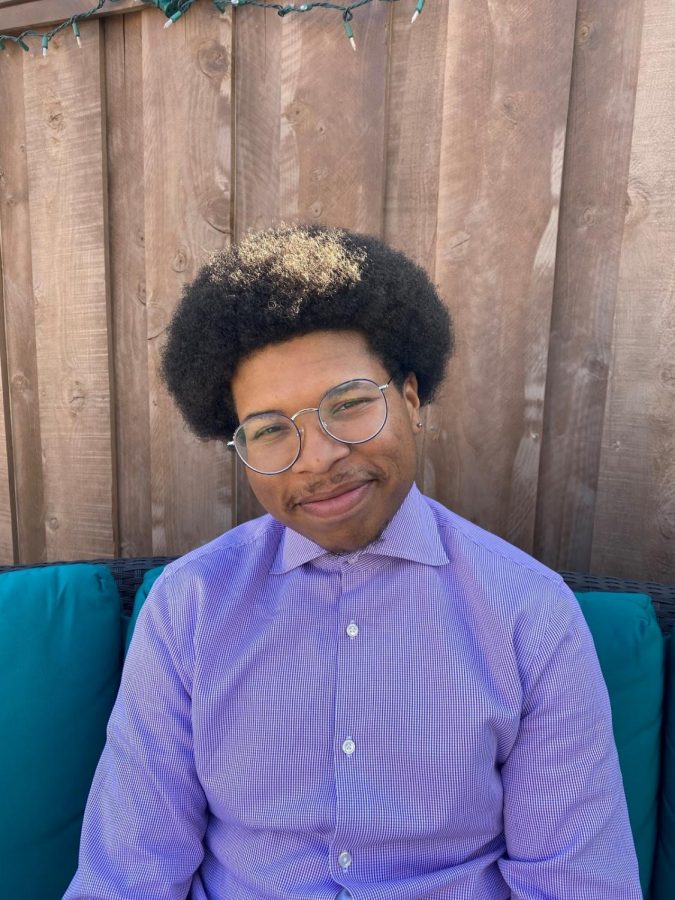It was pitch-black inside the old bomb shelter. Gavin had no idea how long he’d been down there, but he guessed it’d been a few days; a week at the longest. He wanted to leave this black hole, but didn’t want to face his fears on the surface. What would the world look like? Death, destruction, violence, looting, disease—all things Gavin feared he would encounter if he left the shelter. Even the thought of zombies crossed his mind.
“That’s just stupid,” he said aloud to himself.
But it wasn’t that crazy of an idea, and he knew it. The situation involved chemical warfare—that’s all people were told when bombs boomed in the distance, right before communication went silent. He imagined mangled and mutated people hungrily roaming the landscape, their jaws barely hanging from their faces by half-decayed.
Gavin shook his head and came back to his senses. He knew he had to leave the shelter eventually. Dying at the bottom of a metal prison is no better than being eaten alive or shot.
But where would he go? He wasn’t ever sure of his exact location. In the pandemonium during the bombing, he frantically ran in a myriad of directions looking for something, anything, that could protect him from the explosions and chemicals. Part of him felt selfish. He could have helped others and showed them the shelter, but he didn’t.
“Don’t even go there,” Gavin told himself. “You did what you had to. Nobody’s going to look out for you but yourself.”
He was thirsty. His lips were chapped and his tongue was dry. If he didn’t find water soon, he’d die of dehydration.
“And you’re just gonna let that happen?” he asked himself. “You would. Stop being such a coward, Gavin. Grow a pair and get out of this hellhole.”
He tried standing, but to no avail. His legs folded underneath him and he hit the metal floor hard. The thud of his body echoed through the bomb shelter’s metal skeleton for what seemed like minutes. The lack of food and water had made him delusional, or at least, that’s what he thought.
The narrow confines of the shelter were closing in on him. Claustrophobia was setting in.
Gavin swung his right arm out in frustration, knocking something over before his knuckles slammed into the metal wall.
He felt around on the floor trying to find what knocked over. There was no light—he felt like one of the Three Blind Mice foraging in the dark.
But then, his hand brushed something. He started to feel around the edges and surfaces, blindly investigating the mysterious object. It was square and skinny. The edges were wood, and he felt inlays within it. One side felt like glass and the other like weathered felt. Then it hit him.
It was a picture frame, but more important was the photograph inside. He remembered it clearly now: It was of him and his girlfriend, Jenny, sitting on a curb outside their apartment they had just moved into. They were dressed in summer clothes—the photo was taken on a hot day. He remembered how beautiful she looked with her long brunette hair and her deep green eyes behind thick, black-rimmed glasses. Then he remembered how Jenny was taken from him after she lost a battle with cancer. The thought made Gavin both sad and furious. But, as he thought about her, Gavin became inspired; inspired by the way she fought the disease with everything she had, even though the doctors told her it was terminal; inspired by the way she looked during the last days of her young beautiful life as the most beautiful yet; inspired by her spirit and will.
Gavin fumbled with the frame in the dark until he removed the photo and carefully folded it and put it in his front pocket.
“It’s time,” Gavin said to himself.
He found the strength within him to stand and felt ahead of him for the ladder that would lead him out of this dungeon. He grasped the first rung, swallowed, and began to climb. With each inch he ascended, the weight of gravity seemed to increase as it tried to tug him back down into the depths.
But he wouldn’t allow that to happen. Adrenaline started to take effect—Gavin climbed fast and efficiently. Finally, he reached the top of the shaft. The thoughts of what the surface would hold were becoming very real now. The images of death and destruction raced through his mind at 100 frames per second. His heart rate increased.
“Fight through it!” Gavin screamed aloud. “Jenny battled, now it’s your turn!”
Gavin pushed with all his might to lift the heavy metal hatch. It creaked and moaned loudly as Gavin opened it. The sunlight was blinding—Gavin could only see white as his eyes began to adjust.
When his vision cleared, what he saw shocked him. It was a scene of eerie tranquility: a light breeze rustled through the trees and the grass was greener than he had ever seen it. The sky was a beautiful shade of blue. Fresh air filled his lungs. This was the most alive Gavin had felt in a long time. As he looked around, he noticed there was nothing. There were no cars on the streets, no people on the sidewalks, no signs of death, destruction or disease. There were no zombies. It was peaceful, yet erie. But it was better than what Gavin had expected. Because of this, he was happy in this moment. He decided he would survive as long as he could—a homage to Jenny’s bravery. As he set out, Gavin was comfortable knowing his journey would also be his last stand. It was the beginning of a beautiful end.






